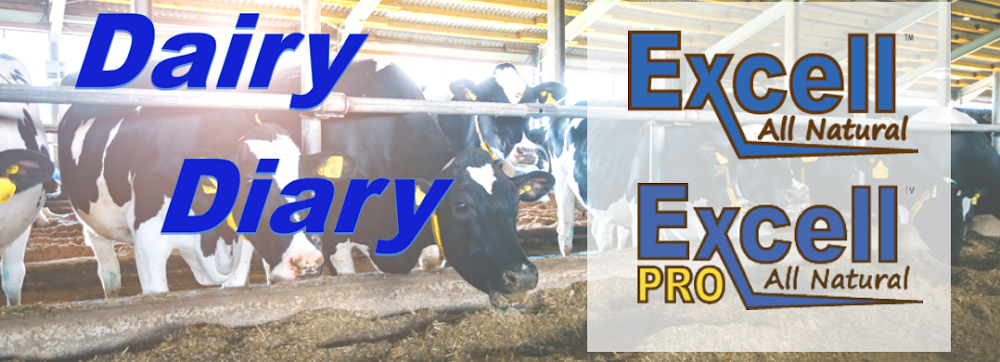Comments to USTR call for action against Canada, EU and other nations limiting dairy exports.
In recent years, more and more countries have erected obstacles and barriers to U.S. dairy exports, hurting dairy processors and thousands of other businesses that rely on U.S. dairy exports for jobs and wages, according to International Dairy Foods Assn. (IDFA) vice president for trade policy and international affairs Becky Rasdall. IDFA is asking the U.S. Trade Representative to eliminate the long-standing barriers.
IDFA submitted a robust set of comments to USTR regarding the "National Trade Estimate (NTE) Report on Foreign Trade Barriers to U.S. Exports" for 2021. Each year, USTR publishes the NTE Report to highlight barriers to U.S. exports of goods and services, U.S. foreign direct investment and the protection and enforcement of intellectual property rights.
The U.S. exports approximately $6 billion in dairy products to more than 146 countries around the world every year, or approximately one day’s worth of U.S. milk production each week – about 15% of all production. As a result, trade is a policy priority for the industry, as is maintaining open export markets that enable U.S. dairy producers and exporters to maximize their opportunities.
Rasdall said IDFA remains disappointed in a variety of Canadian trade barriers that may violate the U.S.-Mexico-Canada Agreement (USMCA), including policies that prevent building branded U.S. businesses in Canada, limiting tariff rate quota (TRQ) fill rates to very low quantities and — most egregiously — creating a new milk class to replace Class 7 (Class 4(a)), which effectively recreates the trade-distorting effects of Class 7 that were central to the USMCA negotiation.
The comments note that IDFA is concerned about policies that are preventing the U.S. dairy industry from reaching the $227 million in additional annual dairy exports the agreement should have achieved, as indicated by the International Trade Commission’s (ITC) estimate.
“Canada is clearly seeking to negate any potentially significant gains U.S. dairy exporters stood to realize under Canada’s USMCA commitments by simply and openly violating the commitments,” the comments to USTR noted. "IDFA is concerned that Canada is using the conditions in its regulations rather than its USMCA commitments to further prevent building branded U.S. businesses in Canada and to limit imports to bulk ingredients – all while boosting Canadian market prices of the same products. Ultimately, Canada’s TRQ conditions will continue to disincentivize the consistent value-added dairy exports USMCA should have facilitated unless the United States pursues enforcement of the relevant USMCA provisions against Canada."
In addition, IDFA said it is deeply concerned with the European Union’s efforts to protect its dairy industry with a flawed public intervention stocks programs that buys up European milk powder, holds it in government warehouses and releases it onto the global market, thus depressing prices and limiting competition for U.S. dairy exports.
U.S. dairy exports to the EU are -- and have been -- exponentially lower than the EU’s dairy exports to the U.S. for many years, due mostly to the EU's wide-ranging protectionist measures. For example, U.S. dairy exports to the EU reached just over 6% of the value of EU dairy exports to the U.S. in 2019, which is, unfortunately, a ratio that is approximately historically consistent with the dairy trade imbalance that has existed between the U.S. and EU to date.
Europe’s geographical indication (GI) policies embrace the concept that product names such as feta or parmesan, which have long been used commonly in the U.S. and around the world and have, as such, become generic, should be limited for use by producers of those products in specified regions.
In the comments, IDFA said it views the EU’s GI policies "as a clear effort ... to limit competition in the EU and reserve a significant portion of the EU market for domestic producers, all while European cheese producers are fully able to compete in the United States and abroad. ... At a time when the dairy and overall trade imbalance with the EU significantly skews in the EU’s favor, the [European Commission’s] attempts to limit the use of names that have been considered generic for decades is a direct attack on the U.S. companies that have, in fact, helped build a market for these same products.”
IDFA offered a variety of comments and detailed examples on other trade-distorting practices by Mexico, Russia, India and Kenya, among others, and appealed to USTR and the U.S. federal government for assistance in resolving these long-standing barriers that have limited U.S. dairy’s growth and potential.
 |
| #completedairyprogram |




